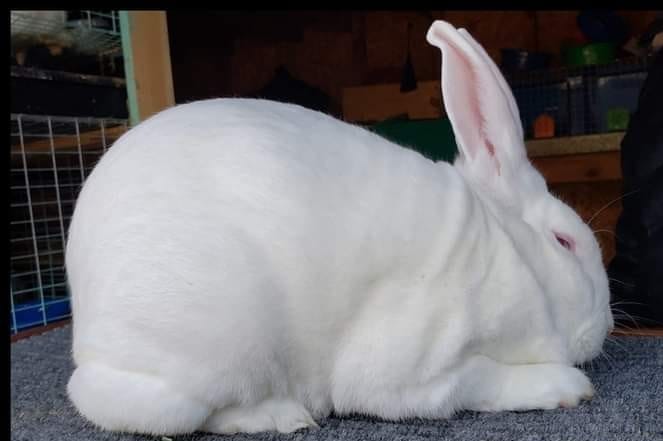Your cart is currently empty!

Commercial Rabbit Care
Caring for commercial rabbits involves several key aspects to ensure their health, productivity, and overall well-being. Here are some essential tips for effective rabbit care:
1. Housing
- Space: Provide ample space for rabbits to move around. Each rabbit should have at least 2-3 square feet of space.
- Ventilation: Ensure proper ventilation to prevent respiratory issues. Avoid drafts but maintain good airflow.
- Cleanliness: Keep the housing clean and dry. Regularly clean cages and remove waste to prevent disease.
2. Diet
- Hay: The primary component of a rabbit’s diet should be high-quality hay, such as Timothy hay. It aids digestion and keeps their teeth healthy1.
- Pellets: Provide commercial rabbit pellets that are specifically formulated for their nutritional needs. Avoid overfeeding pellets to prevent obesity.
- Fresh Vegetables: Supplement their diet with fresh vegetables like leafy greens. Avoid giving them starchy vegetables like potatoes.
- Water: Ensure a constant supply of fresh, clean water. Use water bottles or bowls that are regularly cleaned.
3. Health Care
- Regular Check-ups: Conduct regular health checks to monitor for signs of illness. Look for symptoms like lethargy, loss of appetite, or abnormal behavior.
- Vaccinations: Follow a vaccination schedule to protect rabbits from common diseases.
- Parasite Control: Implement measures to control parasites like fleas and mites. Regular grooming and clean housing help prevent infestations.
4. Breeding Management
- Controlled Breeding: Manage breeding to avoid overpopulation. Keep accurate records of breeding schedules and lineage.
- Nest Boxes: Provide nest boxes for does to give birth. Ensure they are clean and comfortable.
5. Environmental Enrichment
- Toys and Activities: Provide toys and activities to keep rabbits mentally stimulated. Items like chew toys and tunnels are great options.
- Social Interaction: Rabbits are social animals. Allow them to interact with other rabbits to prevent loneliness and stress.
6. Temperature Control
- Climate Adaptation: Ensure rabbits are kept in a temperature-controlled environment. Extreme temperatures can be harmful.
- Heat Protection: In hot climates, provide shade and cooling options to prevent heatstroke.
7. Safety
- Predator Protection: Secure housing to protect rabbits from predators. Use sturdy materials and ensure there are no gaps.
- Escape Prevention: Make sure cages and enclosures are escape-proof to prevent rabbits from wandering off.
Conclusion
Proper care for commercial rabbits involves a combination of good housing, balanced diet, regular health checks, controlled breeding, environmental enrichment, temperature control, and safety measures. By following these guidelines, you can ensure your rabbits remain healthy and productive, contributing to the success of your commercial rabbit farming venture.
If you have any specific questions or need further details, feel free to ask!
This post has already been read 69 times!

Leave a Reply